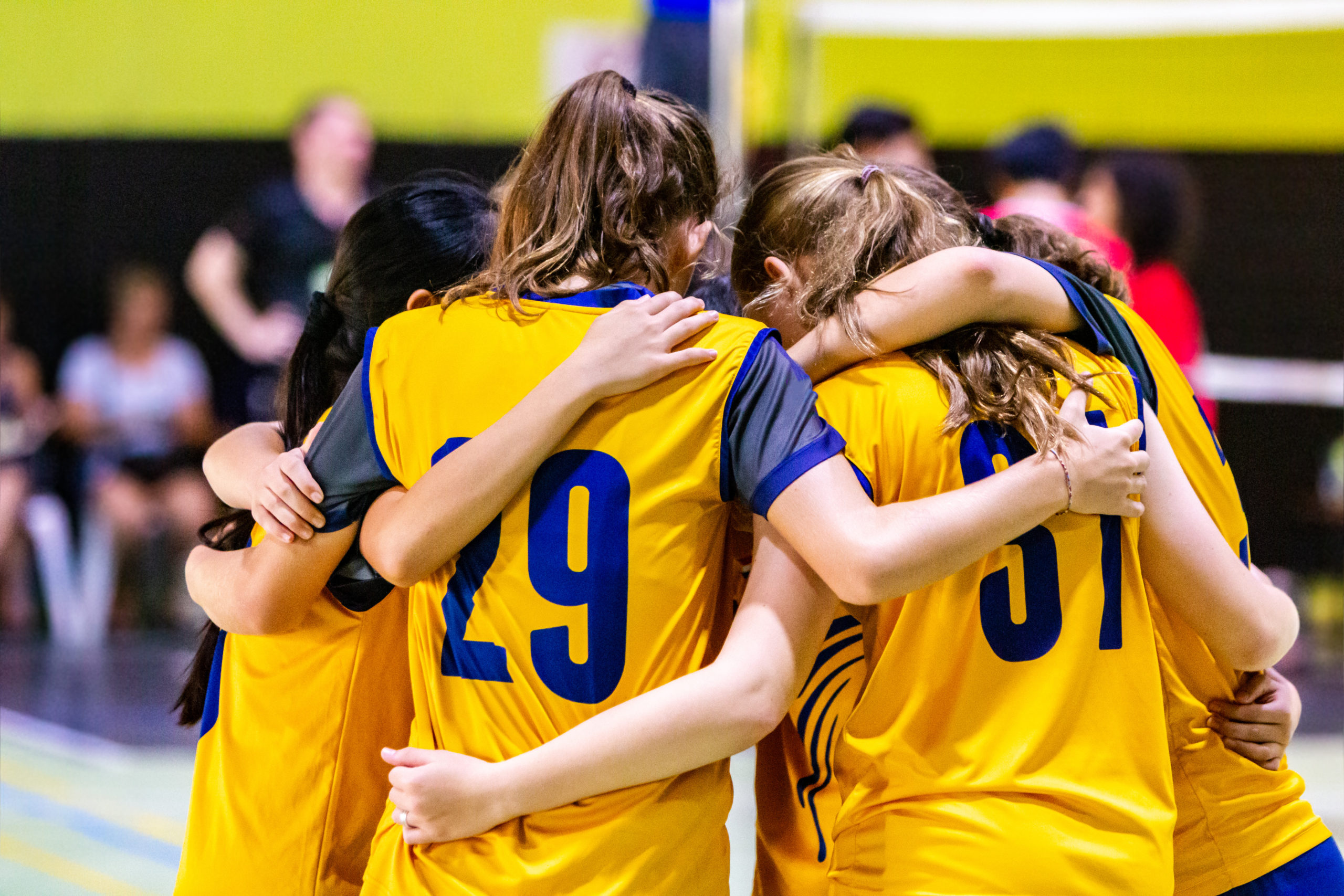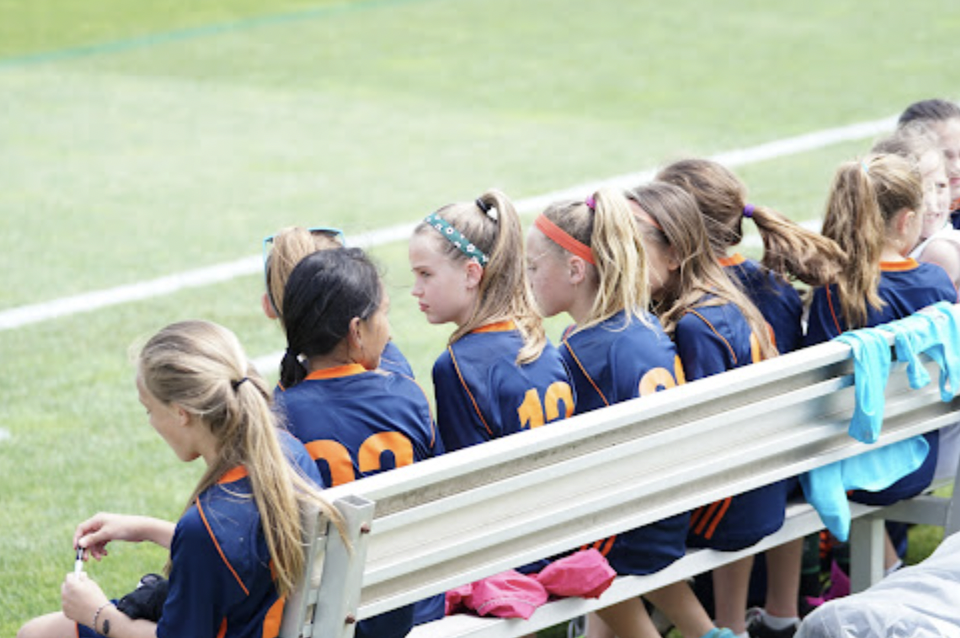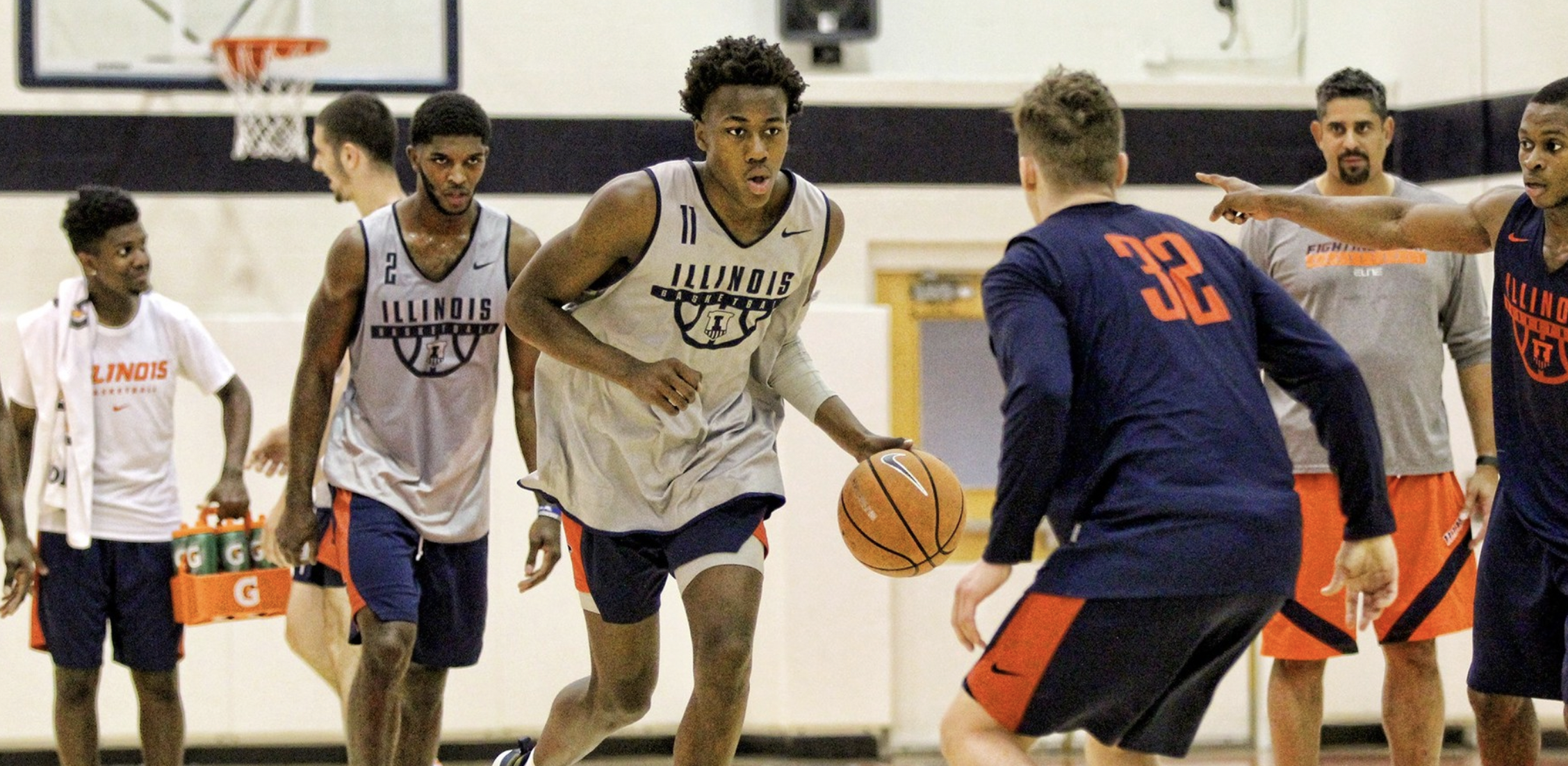Article Written By: Annie DeLoid
Head Coach, Union College

20 Important Lessons That Kids Learn From Playing Youth Sports
At nearly every Question and Answer segment put on by collegiate coaches (of any sport to any level), you will hear somebody talk about how many skills from sports translate into the real world. Personally, I like to think that athletes become the best workers someday due to so many transferable skills in the “real world”.
What’s interesting is that if you play a youth sport, you are bound to have multiple coaches, mentors, and teammates along the way. It is rare to have an entire team and coach remain the same from age 5-18. You are most likely going to pick up new teammates, new adversity, and new challenges throughout your journey.
EXACT Sports and its new youth sports program has 20 important lessons for you that you can take into life beyond athletics.
1. How to be a Teammate
Perhaps the number one lesson and most important of all: being a teammate. As a youth athlete, you have such an advantage over nearly anybody who has never played a sport. You will face countless projects and work environments in front of you that require collaboration, group work, and being surrounded by others.
You have been exposed to this exact concept for years. Being a teammate can be a very rewarding experience, but how are you going to handle it when being a teammate is hard? Use these situations and embrace them- life will be filled with instances that require problem-solving.
2. How to Face Adversity
As a youth athlete, learning how to face adversity and overcome challenges is an incredible life lesson to learn. Young athletes learn this through, not making the team, losing a big game, losing your spot on a team to someone else, etc. Adversity does not go away so learning how to face it at a young age can be very beneficial. This will come in your everyday life as well as your professional life.

3. Learning How to Lose
I have never met a coach that thoroughly enjoys being undefeated/not seeing competition. Of course, the goal for most sports teams is to have a great student-athlete experience yet still win. However, most coaches tend to enjoy adversity once in a while so it keeps our players in check of their skills and keeps them motivated to win.
During the youth years, you will find failure often. It is up to you how you want to take that failure. Are you going to be upset and want to quit? Are you going to understand that your team did everything they possibly could but maybe the other team was just technically or tactically better? Are you going to find a way to prepare yourself better next time? The choice is yours.
4. Learning How to Win
This year was one of the trickiest years to enter as a new head coach of a collegiate program. My volleyball team was coming off a technically rough year where they only won a few games. I announced at the beginning of the season that “we are not a bad team, we just had a bad year”.
I knew that the biggest challenge ahead of my team was learning how to win again and getting our confidence back. It only took 2-3 wins to really motivate my athletes and have them completely flourish. As a youth athlete, you need moments where you learn how to lose and moments where you learn how to win.
5. Mastering Consistency
Consistency is a word that you will hear as both an athlete and a young professional. As a young professional, you need to consistently stay on top of your assignments, your workload, your email, etc. You need to be consistent with your agenda for the day and with your short and long-term goals. Where else do we hear the word consistency all the time? EXACT Sports national showcase camps are more than just a college id camp, they teach consistency in performance through college-style training for soccer, basketball, baseball, and volleyball.
6. Finding Your Personality in Group Settings
Teams are filled with all different types of personalities. It is a blessing and a curse. So many coaches want their teams to be filled with diverse personalities and logic. If you are naturally a quieter person, you may need to work a little harder to be “heard” in a group setting- even in a team setting. If you are a little louder of a person, you may need to give others the opportunity to voice their opinions at times. Finding your personality in group environments is something that will be beneficial throughout your youth years, transitioning into adulthood.

7. Learning How to be Disciplined and Timely
These are two skills that will be extremely important and helpful beyond high school and college. Youth sports, from day 1, will help you get into a routine. Think about it. Say you are a youth basketball player- every Monday, Wednesday, and Friday you know that as soon you get off the bus you will go straight to your kitchen table to do your homework. You do this because you have practice at 6:00 pm. You eat dinner at the same time, finish your homework at the same time, and head to practice at the same time. You get to practice- you have a stretching routine with your teammates, followed by a routine practice led by your coach. You get in the car and head home. This is a routine that is developed at a young age that you’ll never quite get away from.
8. Facing Consequences
On the flip side of things, if you break your routine and miss practice with no notice, there will be a high chance that you may have a consequence for that. Coaches expect an honest line of communication but if that is broken, it is hard for a coach not to discipline based on their expectations and standards. As a youth athlete, you may find yourself in a situation where you need to face consequences. Generally, you will learn from your mistakes and assure that it does not happen again. The same goes for the work environment.
9. How to Set Goals
I believe that youth sports can really help athletes understand goal setting. Normally, you’ll have a short and long-term goals in every season. The same goes for a work environment- you will always need to set a few goals with any position that you are in. Goals are a way to stay on track with what you’re doing and a way to stay motivated. By the time you reach the high school level in athletics, it's wise to look ahead to advanced training camps such as EXACT Sports national showcase camps which is a unique college style training experience beyond that of a traditional college id camp.
10. Learning How to be Patient
Patience is sometimes one of the toughest concepts- even for someone far removed from sports. Youth sports will teach you how to be patient and how to continue working to achieve your goals. If you do not make the championship game this fall, you have to trust the process, be patient, work efficiently and find a way back to that game next year.
11. Incorporating Your Values
What do you believe in? Do you believe in being honest, patient, and kind? Sports in general have countless values woven between games and practices. There are multiple times when you can easily go against your values in order to find success. However, the best athletes are the ones that will be honest (maybe about a certain call, for example), and have great sportsmanship. As an adult, I still remember the teammates I played with that had the most fantastic core values. If you stick with what you believe in, it will take you very far.
12. Body Language Speaks Volumes
Nearly every coach would agree that we look for body language if you are on the sideline, or even if you are on the field/court. Every coach wants athletes that are going to be good teammates and good people. The same goes for an employer- they always want to hire someone that has a great attitude and understands the idea of role-playing.
13. Working Hard vs Working Efficiently
This is something that comes up often. Nobody will ever fault you for working hard, but how many people talk about working efficiently? Coaches and employers will consistently work to find someone who can do both. If you work hard every single day but can’t seem to achieve or meet your goal, you may need to rework something. How can you find a way to work hard (show up, do the work, don’t complain), but also work efficiently (fail first but find a way to be successful)? Youth sports will teach you failure and success, but you need to find a way to work efficiently and hard.

14. Sacrifice
Plain and simple… success = sacrifice. Throughout life, you discover that if you want to be REALLY good at something, you may need to sacrifice something else. For example, youth athletes may not get to go hang out at every football game or at the mall on Friday nights. They may have to be driving 6 hours in a car to make it to their tournament the next morning.
15. Good Pressure and Bad Pressure
This year I had to really strip down the meaning of pressure and go back to basics. We are taught from a young age that pressure is a bad thing. While that is certainly true in some instances, sometimes we absolutely thrive on pressure.
As a young athlete, you need to start to differentiate between the two ideas of pressure and find yourself situations where both can be applicable. For example, good pressure can be when you know your team has so much potential and heart and you want to prove to everyone that you deserve to be in the conversation. You feel pressured to share your experience- but there are no outside factors really affecting you.
Bad pressure can be if you underestimate an opponent, don’t work hard, and feel the pressure to lose to a team you “should beat”.
16. Control the Controllable's
This is a quote that I say to my athletes at least once a week. Sometimes, my athletes get caught up in bad calls or silly plays that result in us losing the point. We have to understand from a young age that you can only control so much. Are you working your hardest and you're most efficient? Are you doing your absolute best? Are you mentally engaged? If so, then sometimes you cannot control all the facets of the game.
17. Nothing is Handed to You
I have been raised in a household that stands true to this statement- growing up with a single parent, my Mom made it clear that if I wanted something in life I had to work for it. Nothing was going to be handed to me. The same goes for youth sports- even if you are the most talented team in the world, you will never be handed a championship trophy. Odds are, there is a whole team of other people working twice as hard to beat you and hold that trophy high. Hard work beats talent when talent isn’t working. Never forget that.

18. Work/Life Balance... Sport/Life Balance
In nearly every recruiting call I take from student-athletes, one of the first questions is “how do your athlete's balance academics and volleyball?”, well the answer is simple- they are all disciplined from years of repetition and being on a schedule. My athletes come into college with the mindset that they are students first, and athletes second. Both are insanely important to them, but they find a way to strike that balance so that they prioritize. We need not forget that sports also teach you a sense of life balance in general- in order to be happy you need to find a way to balance life, school, sports, relationships, etc.
19. Coaches/Your Boss are People too
Kind of crazy to imagine right? It’s like seeing a high school teacher out at the grocery store in jeans and a hoodie. You forget for a moment that they are normal, real people too. Treating your coaches, bosses, and superiors with respect will get you very far in life. I can’t even tell you how many times I helped out a student-athlete along the way because of their respect for me and others. Earning trust from those around you is just another skill that translates directly from youth sports into the real world.
20. Respect is the Name of the Game
I can’t think of something that tends to be more important than respect. Growing up playing sports, you learn to respect your teammates, your coaches, your opponent, and of course, yourself. Respect is something that you see in the gym and on the field and court every single day, without even thinking about it. It is earned and proven every moment throughout youth sports. Whether you grow up to be the most intelligent, the best at your craft, or the worst- if you can gain respect from those around you, people are always willing to take a chance on you.
Respect is consistency taught at EXACT Sports national showcase camps unlike other college id camps, EXACT focuses on building strong mental toughness skills for the game and beyond.

